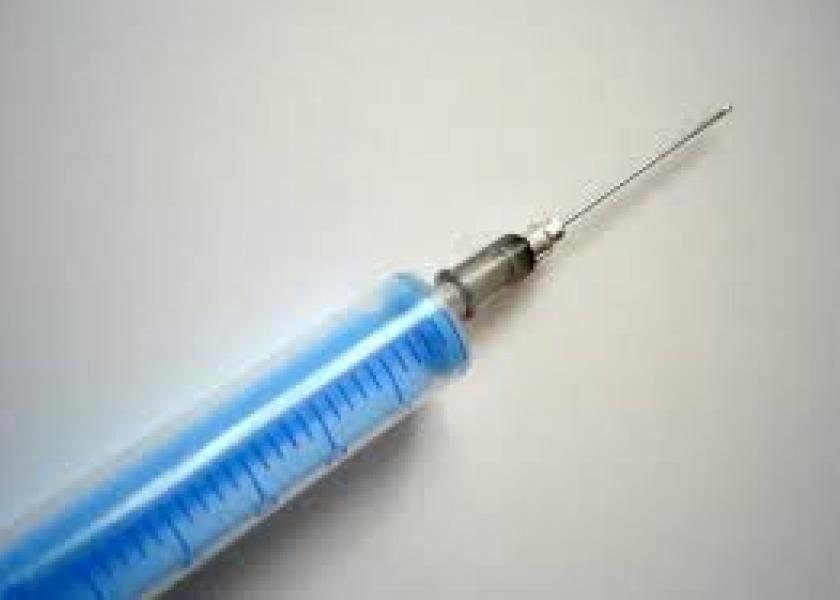FDA Works to Address Opioid Supply Shortage

In its continuing mission to protect animal health, the U.S. Food and Drug Administration announced today that it has worked with Pfizer Inc. to help alleviate a shortage of certain injectable opioids available to treat pain in animals, by facilitating the availability of a limited amount of product labeled for human use. Most of the opioid pain medications used in veterinary medicine are approved for use in humans but also used in animals. This is called extra-label use.
In September 2018, the FDA’s Center for Veterinary Medicine (CVM) became aware that veterinarians that had relied on these products for pain control in their patients were no longer able to obtain them through their standard distribution channels, due to a recent shortage of injectable opioids and to Pfizer’s decision to restrict distribution of such products for human use only during the ongoing shortage.
CVM met with Pfizer to raise awareness about the veterinary community’s need for injectable opioids and discuss how a limited supply of product imported from other countries could be made available for use in the U.S. veterinary market. The FDA had already given Pfizer permission to import Hydromorphone Hydrochloride Injection, USP, in 2 mg/ml strength, 1 ml volume ampules to help alleviate the ongoing opioid shortage in human medicine. As a result of CVM’s recent discussion with Pfizer, this product is now available in limited quantities for pain management in animals.
In addition to hydromorphone, Pfizer also has made Morphine Sulfate Injection, USP in vials and ampules available to the U.S. veterinary market. These products are currently in short supply but will continue to be available to veterinary practitioners when supply increases.
Injectable opioids are used in animals to treat pain following severe trauma and to control pain during and after surgery. Adequate pain control is essential in animals, as in humans. By making these products available for veterinary use, Pfizer is helping to ensure that veterinarians have a more complete formulary of products to manage pain in their animal patients, to assist in their recovery and to minimize suffering.
Veterinarians can purchase the products through their normal distribution chains, which have been alerted that they are now available in limited supply for the veterinary market. Pfizer reports that it expects the opioid shortage to end in early 2019, and it will continue to keep these products available to the veterinary market in the interim.
Additional Information







